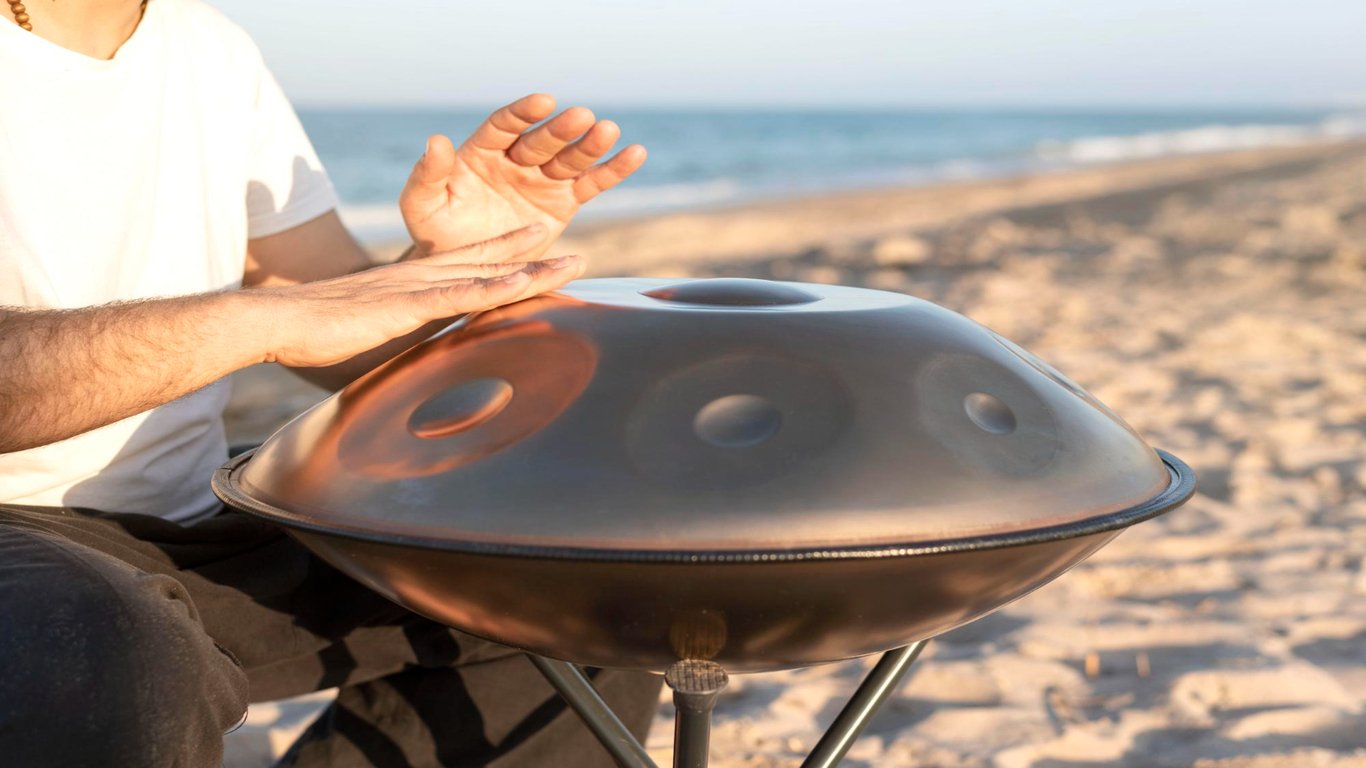In today's fast-paced world, stress and anxiety have become a common part of daily life. Many people are turning to natural and non-invasive ways to find relief, and one of the most effective tools is music. Listening to the right sounds can have a profound effect on your mental and emotional state, helping you reduce anxiety, relax, and even improve focus.
How Music Helps Reduce Anxiety
Anxiety can manifest as a racing mind, muscle tension, irritability, or difficulty sleeping. Studies have shown that listening to calming music can lower cortisol levels (the stress hormone), slow the heart rate, and promote a sense of well-being. This is why music to help with anxiety has become a popular strategy among therapists and wellness enthusiasts alike.
Certain types of music—like slow instrumental pieces, classical compositions, or sounds from nature—can help the brain shift into a relaxed state, reducing feelings of tension and nervousness.
Meditation Music for Stress and Anxiety
One of the most powerful ways to combat anxiety is through meditation, and pairing it with the right music enhances the experience. Meditation music for stress and anxiety typically features gentle tones, repetitive rhythms, and a calm tempo. These sounds guide the mind into a meditative state, allowing you to focus on your breath and release negative thoughts.
Incorporating this music into daily meditation sessions can help you cultivate mindfulness, which has been proven to decrease both chronic stress and momentary anxiety.

Music Activities for Adults: Exploring the Benefits and Options
Anxiety-Reducing Music: What to Listen To
Not all music has the same effect. Anxiety reducing music often shares a few common characteristics:
- Slow tempo: 60–80 beats per minute can mimic the heart rate of a relaxed state.
- Harmonic melodies: Soft, consonant sounds are more soothing than sharp or dissonant tones.
- Minimal lyrics: Instrumental or ambient tracks prevent the mind from overthinking.
- Nature sounds: Water, wind, or bird songs can deepen relaxation.
Creating a playlist tailored to your personal preferences can amplify the calming effect. For example, some people respond well to classical piano, while others prefer ambient electronic or traditional instruments.
Music to Relieve Stress and Anxiety in Daily Life
Incorporating music to relieve stress and anxiety doesn’t require hours of listening. Short sessions during breaks, commutes, or before sleep can make a significant difference. Here are practical tips:
- Morning reset: Begin your day with soothing music to set a calm tone.
- Workday focus: Play soft background music to reduce stress while working.
- Evening unwind: Use calming tracks to help your body transition into rest mode.
Music is versatile and can be adapted to different situations, making it a powerful ally against anxiety.
Music Anti-Anxiety Techniques
Beyond listening, engaging with music actively can also help. Techniques like singing, playing an instrument, or even humming can stimulate positive brain activity and release tension. Music anti-anxiety strategies empower you to not only listen but participate, deepening the calming benefits.
For example, learning a simple rhythm on a drum or a melodic phrase on a traditional instrument can redirect your focus away from stressors and into creative expression, which is inherently therapeutic.
Conclusion
Music is a natural, accessible, and enjoyable tool for reducing anxiety and stress. Whether you listen passively or engage actively, incorporating music to help with anxiety, meditation music for stress and anxiety, anxiety reducing music, music to relieve stress and anxiety, and music anti-anxiety techniques into your daily life can enhance your emotional well-being.
If you're interested in exploring traditional Iranian music as a way to relax and reduce anxiety, Navasaz, an academy based in Toronto, offers specialized programs teaching Iranian traditional music. Their approach combines the therapeutic power of music with cultural richness, providing a unique way to relieve stress and cultivate mindfulness.
FAQs
While music is a powerful tool for stress relief, it is most effective when used alongside professional therapy, exercise, and healthy lifestyle habits.
Even 10–20 minutes of focused listening can have a noticeable calming effect, but daily consistency is key for long-term benefits.
Instruments with soft, flowing tones—like piano, flute, or traditional Persian instruments—are often most effective.
Yes, gentle music can help children develop focus, emotional regulation, and relaxation habits early on.
Yes, active engagement with music (playing, singing, or composing) can have additional therapeutic benefits beyond passive listening.
Absolutely. Slow, calming tracks can reduce cortisol and prepare the mind and body for restful sleep.
Select tracks that evoke calm for you personally, mix instrumental and ambient sounds, and avoid highly stimulating or fast-paced music.
 String Instr
String Instr Percussion Instr
Percussion Instr Wind Instr
Wind Instr Keyboard Instr
Keyboard Instr Tools
Tools Books
Books


